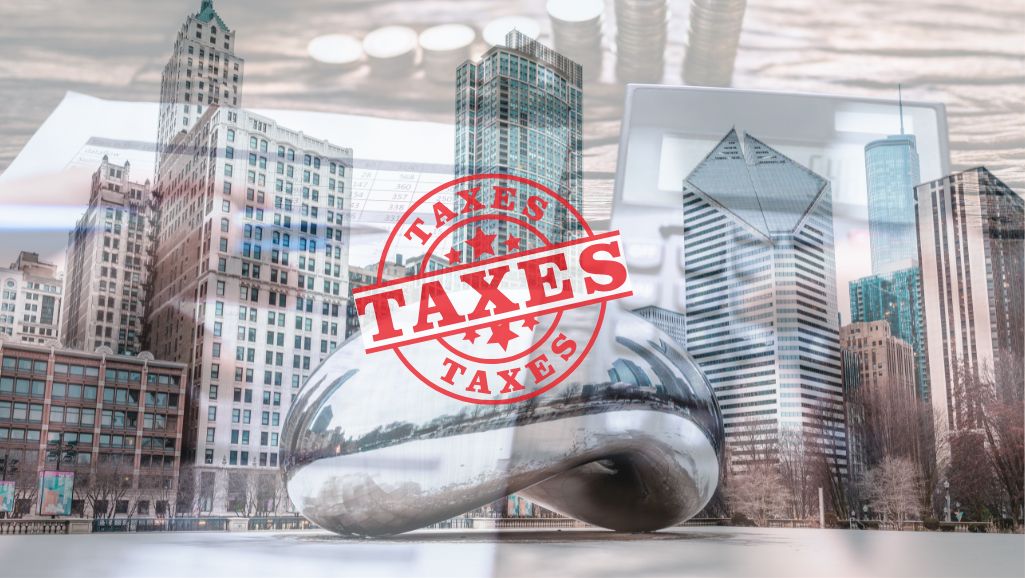Hey there, Chicago landlords and property investors! As we enter the new year, it’s crucial to stay informed about the potential changes to property taxes in Cook County. These changes could significantly impact your rental business, especially if you’re trying to balance property management responsibilities. Let’s take a look at the current state of property taxes and explore practical tips for managing these challenges effectively.
Understanding Property Tax with Help from Our Chicago Property Management Team
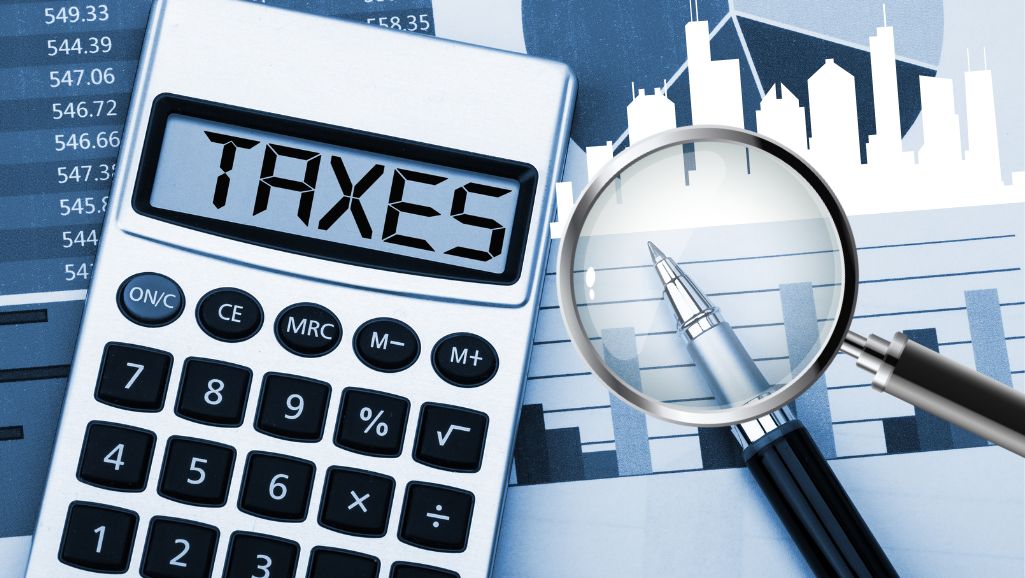
Navigating the tax system in Cook County can feel like a daunting task, but understanding its intricacies is crucial for any landlord or property manager. The system involves several key players, including the Cook County Treasurer’s Office, the Cook County Assessor’s Office, and local municipalities, each playing a vital role in the process.
The Treasurer’s Office is responsible for collecting property taxes, ensuring that funds are available for essential local services such as education, public safety, and infrastructure. Meanwhile, the Cook County Assessor’s Office determines the assessed value of properties, which is typically a percentage of the property’s market value. This assessed value is the foundation upon which your property taxes are calculated.
For property managers, having a clear grasp of this system is essential to ensure that your investment property is accurately assessed and taxed. By understanding how these assessments work and staying informed about any changes, you can better manage your properties and plan for any financial impacts. Remember, property tax is designed to support the community by funding critical services, so staying on top of your taxes not only benefits your properties but also contributes to the well-being of the area.
Tax Rates, Exemptions, and Bills
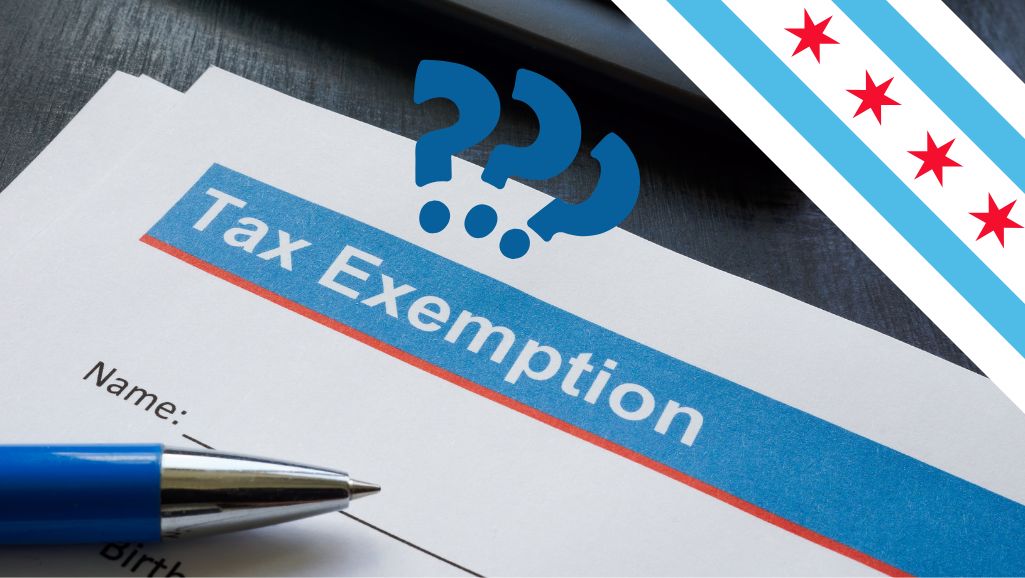
Tax rates in Cook County can vary significantly depending on the location and type of property, with rates typically ranging from 1.5% to 3.5% of the assessed value. This variability means that understanding the specific tax rate for your property is crucial for accurate financial planning.
Property owners in Cook County may also be eligible for various exemptions that can help reduce their tax bills. For instance, the Homeowner Exemption can provide significant savings, making it easier to manage your investment property’s expenses. It’s worth exploring all available exemptions to ensure you’re not paying more than necessary.
When it comes to paying your property taxes, the Treasurer’s Office offers several convenient options. You can pay online, by mail, or in person, making it easy to stay on top of your obligations. Property tax bills are typically mailed out in the spring and fall, with payment due dates in March and September. As a property manager, it’s essential to keep track of these dates to avoid late fees and penalties, which can negatively impact your investment property’s cash flow.
By staying informed about tax rates, taking advantage of exemptions, and ensuring timely payments, you can effectively manage your property taxes and maintain a healthy financial outlook for your properties.
The Tax System for 2025
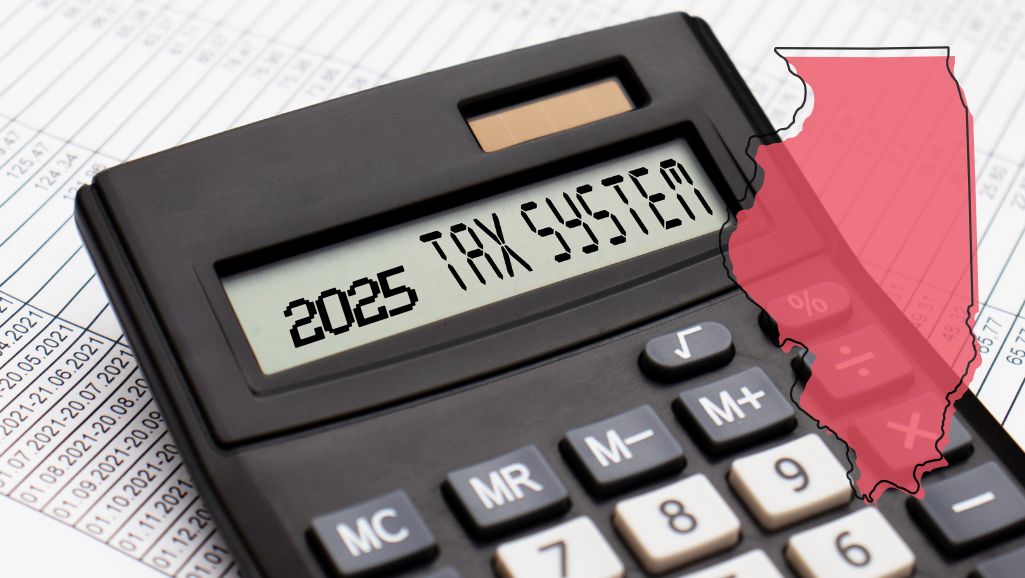
Here’s the scoop: Cook County’s property tax system can sometimes feel overwhelming for taxpayers. Elected officials such as Mayor Brandon Johnson hinted plans to raise Chicago property taxes—which would break a previous campaign promise—have stirred quite a bit of discussion. It’s clear that no one is looking forward to higher taxes, particularly when they seem to increase at an alarming pace.
Illinois is already ranked high for property tax rates, sitting just behind New Jersey. For landlords, this means managing a significant burden, especially when your investment assessments take an unexpected leap. Expense management is such a crucial piece of the cashflow puzzle and keeping an eye on your property taxes, and appealing them if necessary, is no exception.
Why This Matters to You
If you own rental properties in Chicago, the forecasted tax changes can drastically affect your operational costs. Increasing payments can make it difficult to maintain profitable rent levels without pushing the financial burden onto your tenants—a situation both parties would prefer to avoid. Increasing rents to offset the tax increase seems like common sense but it may increase tenant turnover, which can also significantly impact cash flow and overall profitability. This is where a solid relationship with a skilled Chicago property management company becomes invaluable.
Here’s What’s Being Said
The buzz around town is all about finding a solution to these high taxes. Experts suggest that frequent assessments could prevent drastic increases in tax bills, and ideas like income-based tax caps, or "circuit breakers," are gaining traction to help keep property taxes manageable for homeowners and landlords alike.
Interestingly, areas like the south suburbs are experiencing particularly sharp increases. For instance, some homeowners have seen their tax bills nearly double—a tough pill to swallow for anyone, especially dealing with the economic fluctuations of recent years.
A Real-Life Example for 2025
The Cook County Tax Portal delivers Cook County taxpayers a One-Stop Customer Service Opportunity.
Property Details:
Location: Lake View
Property Type: Multi-family residential
Assessed Value 2024: $500,000
Tax Rate: 2.5%
Annual Property Tax for 2024: $12,500
Projected for 2025:
Assumed 10% Increase in Assessed Value: $550,000
Projected Annual Property Tax for 2025: $13,750
Increase: $1,250
This $1,250 increase might seem small at first glance, but it adds up, especially if you manage multiple properties. It can significantly tighten your budget and reduce the wiggle room for other necessary expenses.
What Can Be Done?
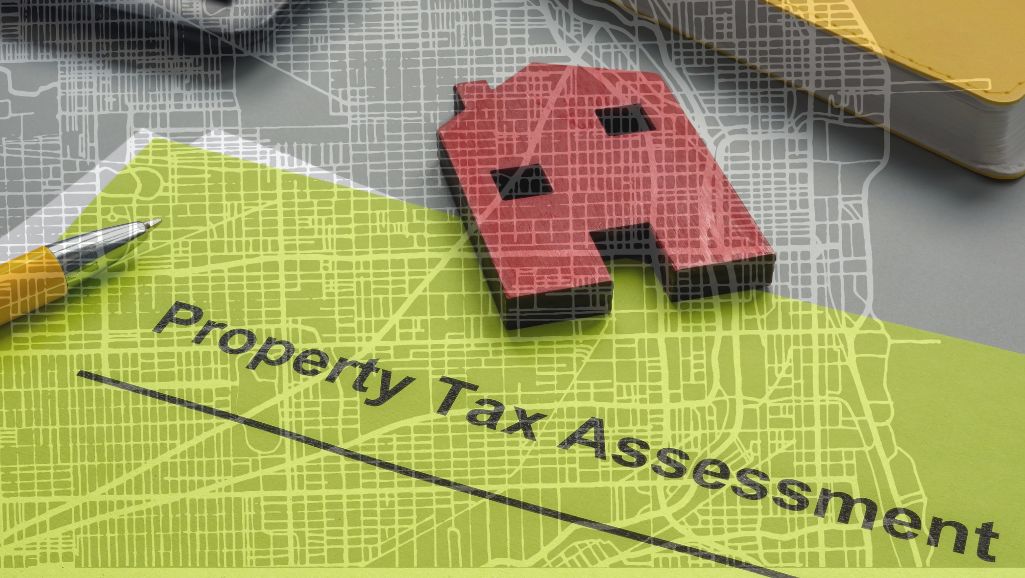
Stay Informed: Keep up with the latest on tax assessments and legislative changes. Knowledge is power, especially when it comes to financial planning for the upcoming year.
Get Involved: Your voice matters. Participate in local government discussions or property owner forums where you can advocate for fair property tax reforms.
Lean on Experts: This is where experienced Chicago property management companies come in. These professionals can help you navigate these turbulent waters, ensuring that your properties are managed efficiently and cost-effectively.
What is Your Next Move?
Navigating Cook County's property taxes doesn’t have to be a solo journey. With 2025 around the corner, it's more important than ever to have a strategy in place. If you're feeling overwhelmed by the complexities of property management and tax planning, consider reaching out to a trusted source such as a Chicago property management company.
At Landmark Property Management, we're experts in the local market. We understand the challenges and opportunities of managing rental properties in Chicago. Let us help you minimize costs and maximize your investment returns, no matter what changes the new year brings.
Interested in reducing your stress and boosting your profitability in 2025? Get in touch with us today, and let’s make your management experience smooth and successful!

